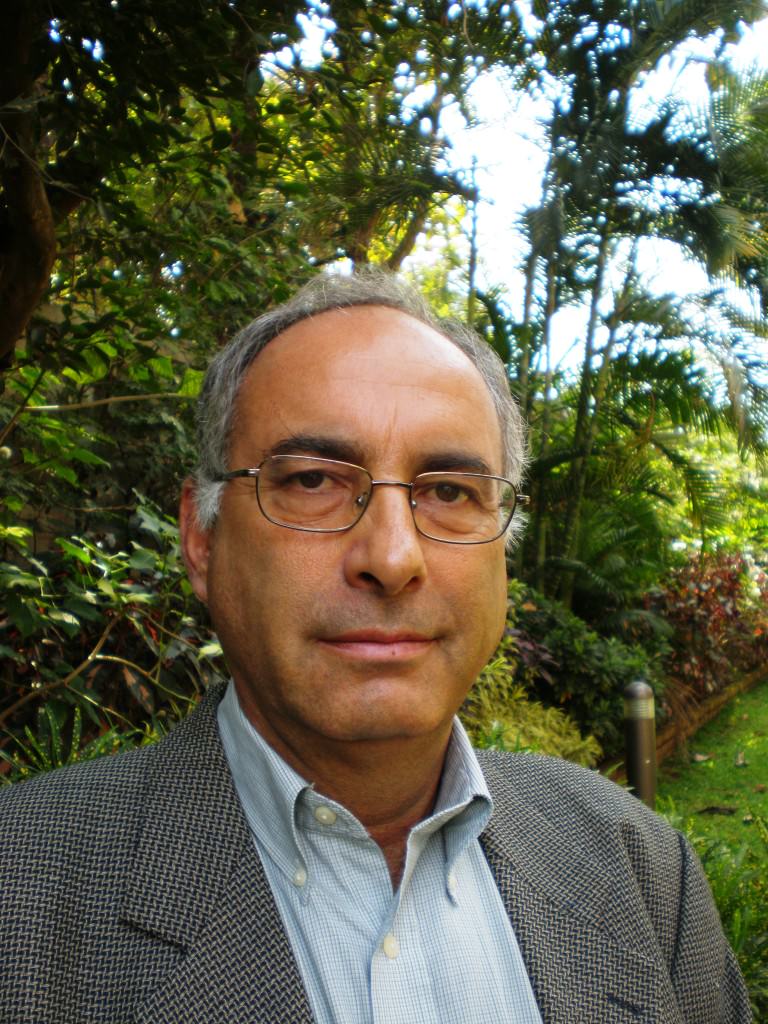 The 2016 CAHR Conference Wainberg Lecturer is Dr. Stephen Moses from the University of Manitoba. Dr. Moses is a physician and scientist who specializes in HIV prevention strategies and prevention program development. The CAHR Conference organizing committee awards the Mark Wainberg lecture to both honour Dr. Wainberg’s ongoing contributions to research and to recognize the efforts of others in the research community who exemplify the same traits of excellence, perseverance, and commitment to the cause of finding innovative and ground breaking ways to address the HIV/AIDS epidemic.
The 2016 CAHR Conference Wainberg Lecturer is Dr. Stephen Moses from the University of Manitoba. Dr. Moses is a physician and scientist who specializes in HIV prevention strategies and prevention program development. The CAHR Conference organizing committee awards the Mark Wainberg lecture to both honour Dr. Wainberg’s ongoing contributions to research and to recognize the efforts of others in the research community who exemplify the same traits of excellence, perseverance, and commitment to the cause of finding innovative and ground breaking ways to address the HIV/AIDS epidemic.
Dr. Moses began his career at the International Development Research Centre and worked in Kenya in the mid-1980s when it was clear that HIV was becoming a major health concern. He was involved in developing and implementing programs to reduce risk of HIV acquisition in female sex workers and pioneered studies in the use of male circumcision to reduce HIV transmission. Dr. Moses left the IDRC in 1989 and teamed up with researchers from the University of Manitoba. Today, he continues to provide technical support and policy guidance in the development of HIV prevention programs both in Kenya and India.
It’s Dr. Moses’ conviction that research and prevention programs for key or vulnerable populations, and their full involvement in them, is critical to the success of HIV prevention efforts. “They are elements of the population that societies often marginalize, and they are frequently hidden. You really have to make a dedicated effort to include vulnerable populations in your work,” he says. “Both for their own health, and to reduce the potential for HIV transmission to others. Intervening in this context can have a major effect on the health of the individuals, and on the course of an HIV or STI epidemic.” Dr. Moses will present his talk entitled HIV Prevention: Local to Global and Back to the Future, and will focus on this aspect of his work. “This is an exciting time for HIV prevention—there are several new technologies and approaches which have come on-stream in recent years,” Dr. Moses says. “But it remains crucial to ensure that they are introduced and studied in these key populations.”
